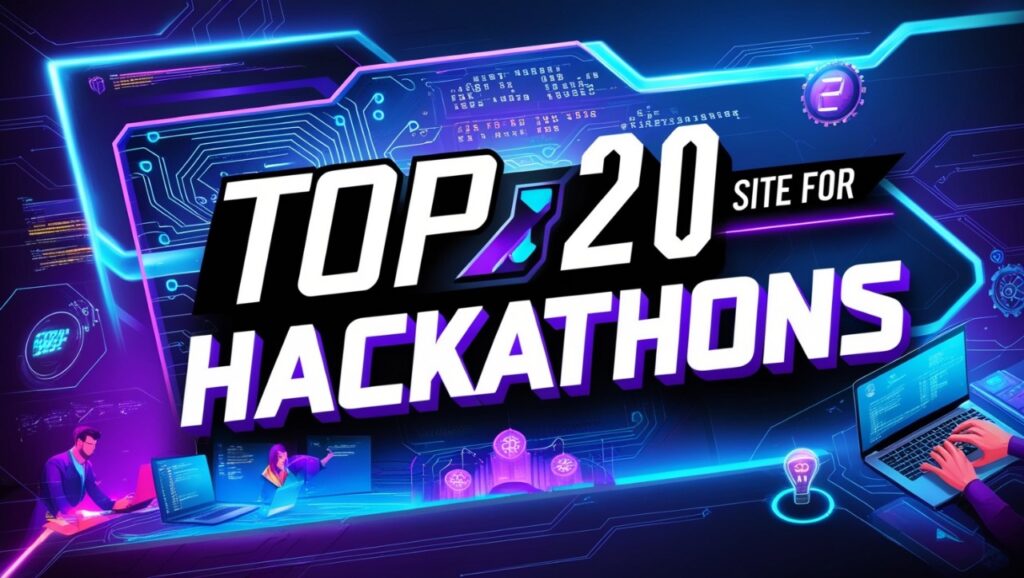
Are you eager to learn new skills, showcase your talents, and connect with like-minded individuals? Participating in Academic Competitions and Hackathons is a fantastic way to achieve all of this, whether you’re a student or a beginner in your field. In this guide, we’ll walk you through how to participate in academic hackathons and competitions, making it easier for you to seize exciting opportunities and elevate your career.
1. Understand the Purpose of Hackathons and Competitions
Every competition or hackathon has a theme or purpose. Some focus on coding, while others may involve business ideas, science projects, or creative problem-solving. Look for events that match your interests and skills. For example:
- If you love coding, join a hackathon focused on software development.
- If you enjoy pitching ideas, look for business idea competitions.
2. Find the Right Event
Finding the right competition is crucial. Here’s how you can discover them:
- Online Platforms: Websites like lablab ai, Devpost, HackerEarth, or Eventbrite often list upcoming events.
- University Notices: Check your school or university boards for announcements.
- Social Media Groups: Join tech, business, or student groups on platforms like LinkedIn or Facebook.
3. Build a Team for Competitions and Hackathons
Some competitions allow solo participation, but many require teams. A good team includes people with diverse skills. For instance:
- A coder for technical tasks
- A designer for creative elements
- A presenter to pitch your idea
Tip: Choose teammates who are passionate and committed.
How you Grew: Try to find a good team which is more experienced than you and learn from them. Don’t worry if no one is taking you in their team, make your own team, and lead them, it will build leadership skill in you.
4. Prepare in Advance
Preparation is key to success. Follow these tips:
- Research: Understand the rules and judging criteria.
- Learn Tools: Familiarize yourself with relevant tools, such as Python, WordPress, or Figma.
- Practice: Work on small projects or problems to build confidence.
5. Brainstorm Ideas
Before the event, think of ideas related to the theme. Keep it simple and innovative. A unique solution to a common problem often stands out.
6. Stay Organized During the Event
On the day of the competition, stay focused and manage your time wisely. Here’s how:
- Divide Tasks: Assign roles to each team member.
- Set Milestones: Break your project into smaller goals and track your progress.
- Communicate: Keep discussing updates and challenges with your team.
7. Present Your Work
The presentation is as important as the project itself. Make sure you:
- Explain your idea clearly and confidently.
- Use visuals like slides or demos to make it engaging.
- Highlight the problem your idea solves and its impact.
8. Learn from Feedback
Win or lose, feedback is invaluable. Listen to judges and mentors to understand what you did well and what can be improved. Use this knowledge for future competitions.
Benefits of Participation
Participating in academic competitions and hackathons comes with many benefits:
- Skill Development: Improve your technical, creative, and teamwork skills.
- Networking: Connect with professionals, peers, and mentors.
- Recognition: Add achievements to your resume or portfolio.
Final Thoughts
Starting your journey in academic competitions and hackathons can seem daunting, but with the right mindset and preparation, it’s an enriching experience. Pick an event that excites you, gather your team, and give it your best shot. Remember, the goal is not just to win but to learn and grow.
Good luck, and enjoy the journey!


